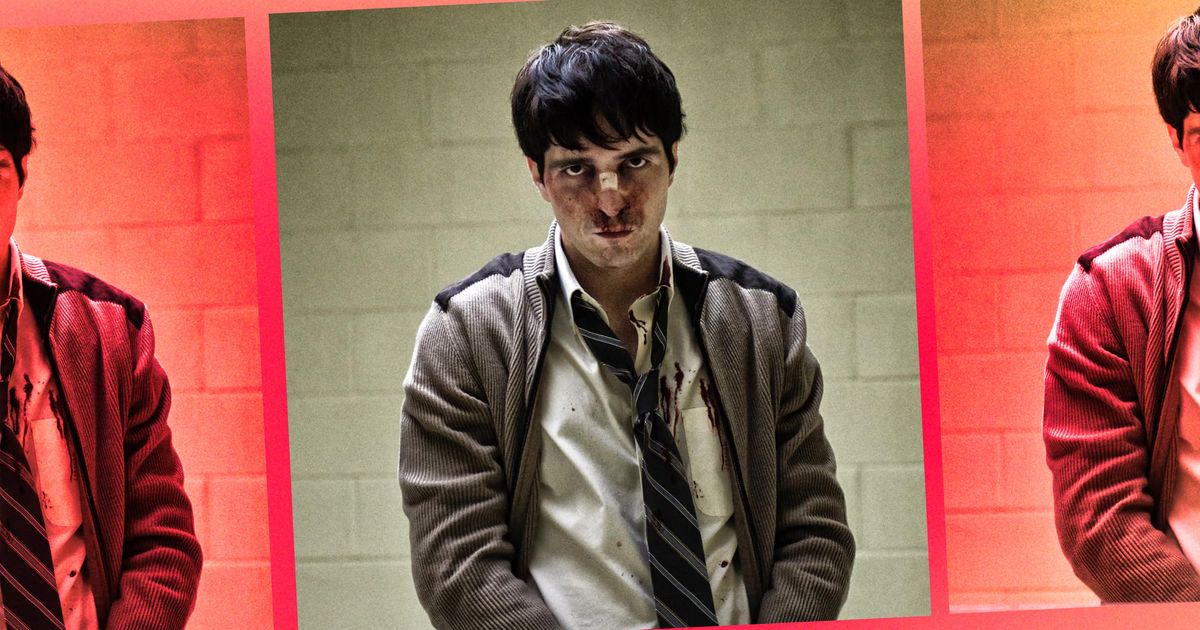
"Dastmalchian's film and TV opportunities in Chicago - where he was an experienced stage actor - remained what they'd usually been: tied to a xenophobic understanding of his last name. 'It was mostly limited to, I don't know how to describe it better than, quote-unquote, ethnic characters,' says Dastmalchian, whose father was Iranian American. 'It was like, a terrorist on 24 or a cab driver who's supposed to have a funny accent. These are real descriptions. They used to put it in the fucking script.'"
"Then he got a phone call out of the blue about a last-minute audition for a 'hermit' character in a film called Prisoners. 'It felt like something that just made sense to me,' Dastmalchian says of the role of Bob Taylor, a mysterious man who appears on the fringes of a dual-child-abduction case in Denis Villeneuve's 2013 thriller. At first, Bob seems as nefarious and twitchy as Dastmalchian's Dark Knight lackey,"
"Aaron Guzikowski's script quickly transforms Bob into a figure of vulnerability and fear, a switch that occurs thanks to Dastmalchian's raw performance of a man unable to shake off the trauma of his lost childhood. One of the film's big reveals is that Bob was abducted by the same people who took the girls Loki is trying to find, and in Dastmalchian's hands, Bob's suicide is the film's greatest tragedy."
David Dastmalchian struggled with typecasting early in his screen career, often limited to 'ethnic' roles tied to a xenophobic reading of his surname. A last-minute audition landed him the role of Bob Taylor in Prisoners, a character who shifts from suspicion to tragic vulnerability through Dastmalchian's raw performance portraying childhood trauma and suicide. That role helped redefine his screen identity. In the following decade his career expanded dramatically. He became nearly omnipresent in horror and superhero films and repeatedly collaborated with major directors, appearing in Oppenheimer, Blade Runner 2049 and Dune.
Read at Vulture
Unable to calculate read time
Collection
[
|
...
]